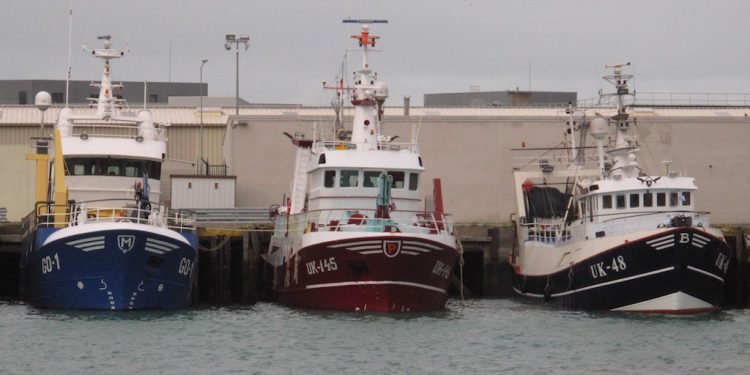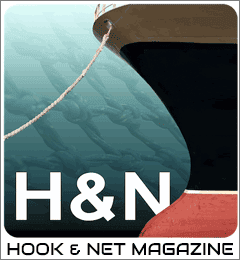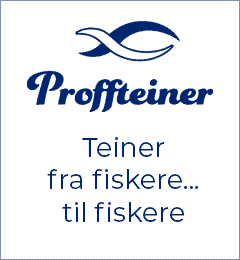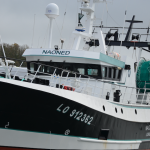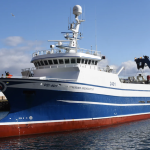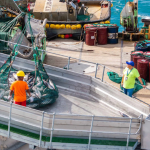The UK authorities are inviting opinions and input as part of a process that could lead to new technical measures relating to seine netting in English waters that could come into effect in 2023.
According to a statement by DEFRA, proposals relate measures such as extending the current 221kW limitation applied to beam trawlers within the 12-mile zone to seine netters, as well as options to amending existing restrictions such as the 40mm mesh size derogation for the directed squid fishery, or introducing other limitations, such as fleet capacity restrictions or limitations on seine rope dimensions or seine rope length.
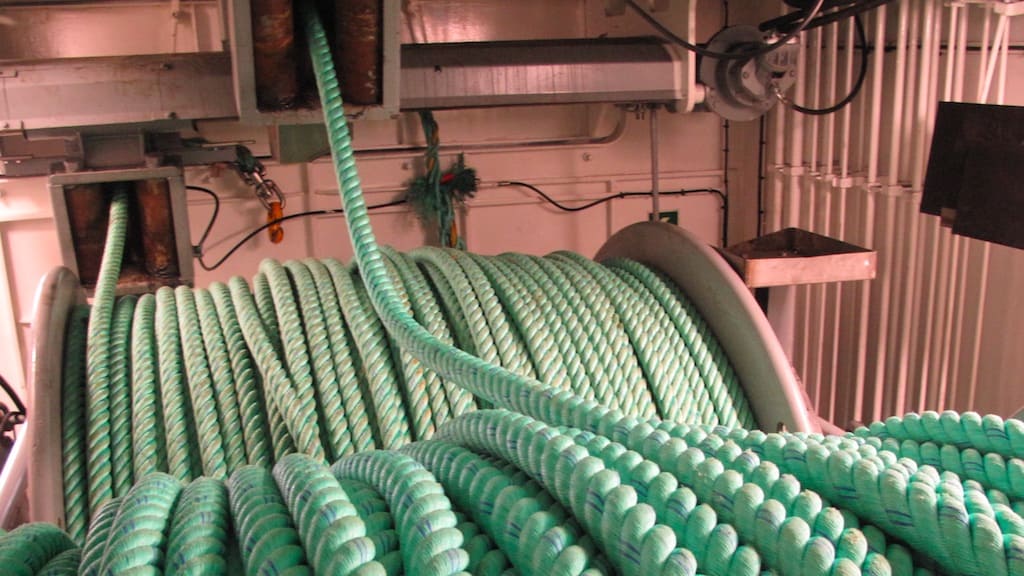
It doesn’t take a genius to figure out that these potential measures are aimed at Dutch- and French-owned seine netters operating in the Channel – incidentally, also apparently coining a new technical term – ‘flyseine.’
‘We have heard significant concerns from the English inshore catching sector and NGOs over the last 18 months about the increasing efficiency of larger flyseine vessels and their impact on demersal NQS stocks,’ a Defra representative stated.
‘There are concerns in particular about the impact of these vessels on stocks such as red mullet, gurnard, and squid in the Channel and southern North Sea. We are seeking further evidence on the impact of current fishing activity on demersal species, including through the Channel Demersal NQS FMP process, but we are conscious of current pressures on the stocks and of not waiting to take action given concerns about the potential vulnerability of demersal NQS.’
According to Defra, the importance of NQS is recognised in the Government’s draft Joint Fisheries Statement which highlights the intention to manage NQS in future through effort limits, fisheries closures, and technical measures.
‘We have limited data on NQS, limited management and are therefore unable to accurately assess the health and sustainability levels of all NQS stocks that are targeted in English waters. The Fisheries Act sets out the precautionary objective in which the absence of sufficient scientific information is not used to justify postponing or failing to take management measures to conserve target species, associated or dependent species, non-target species or their environment,’ Defra states.
Input to the consultation can be made here. Consultation closes on 16th November 2022.

